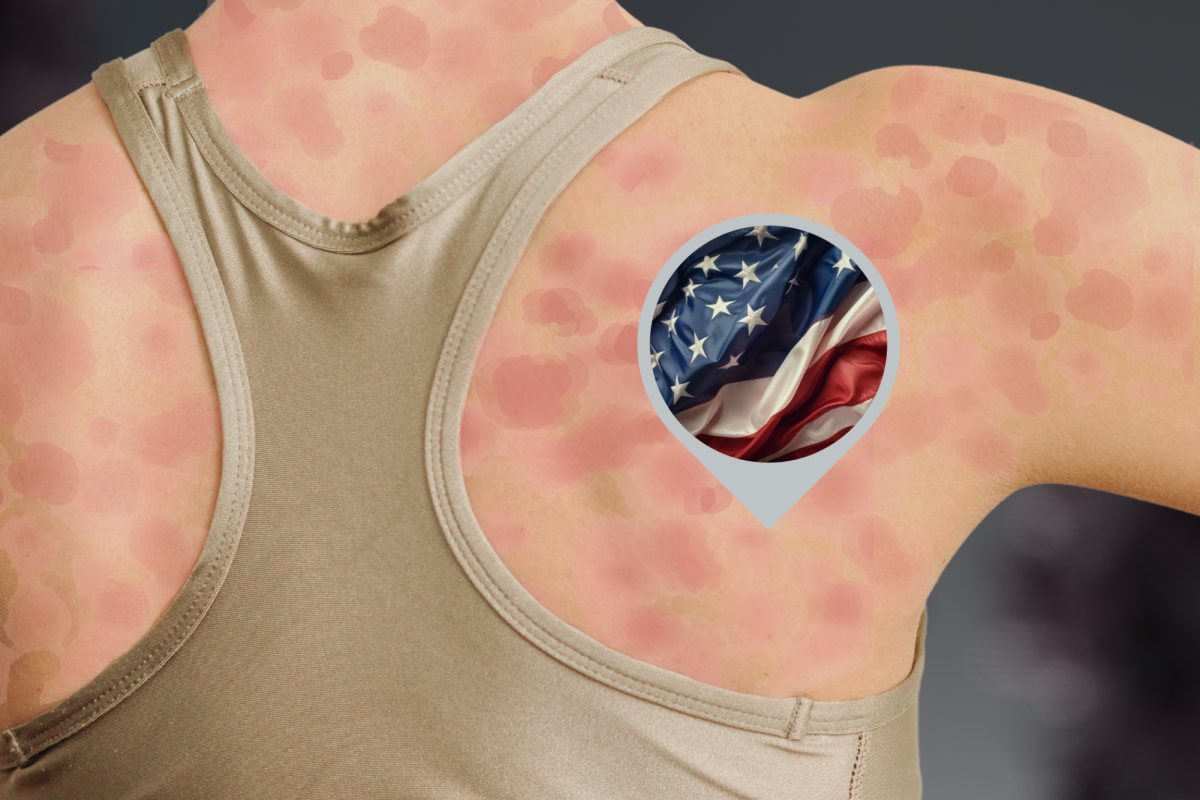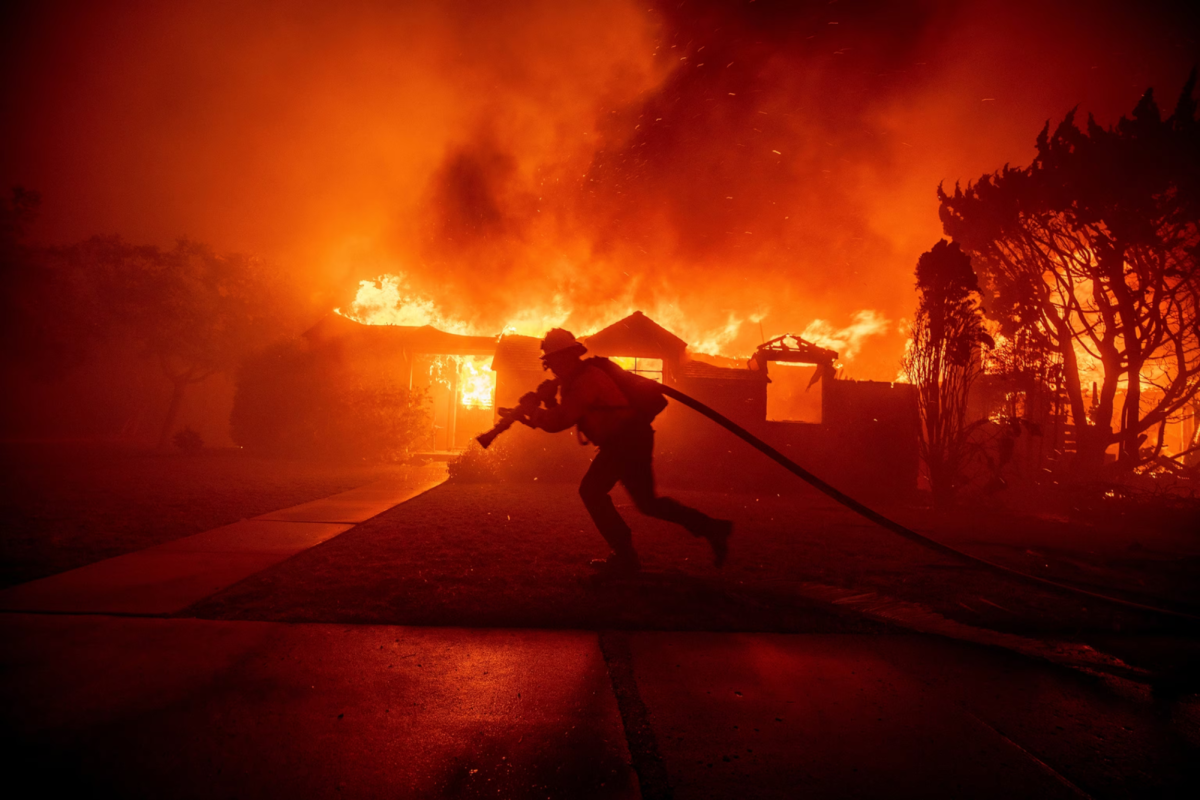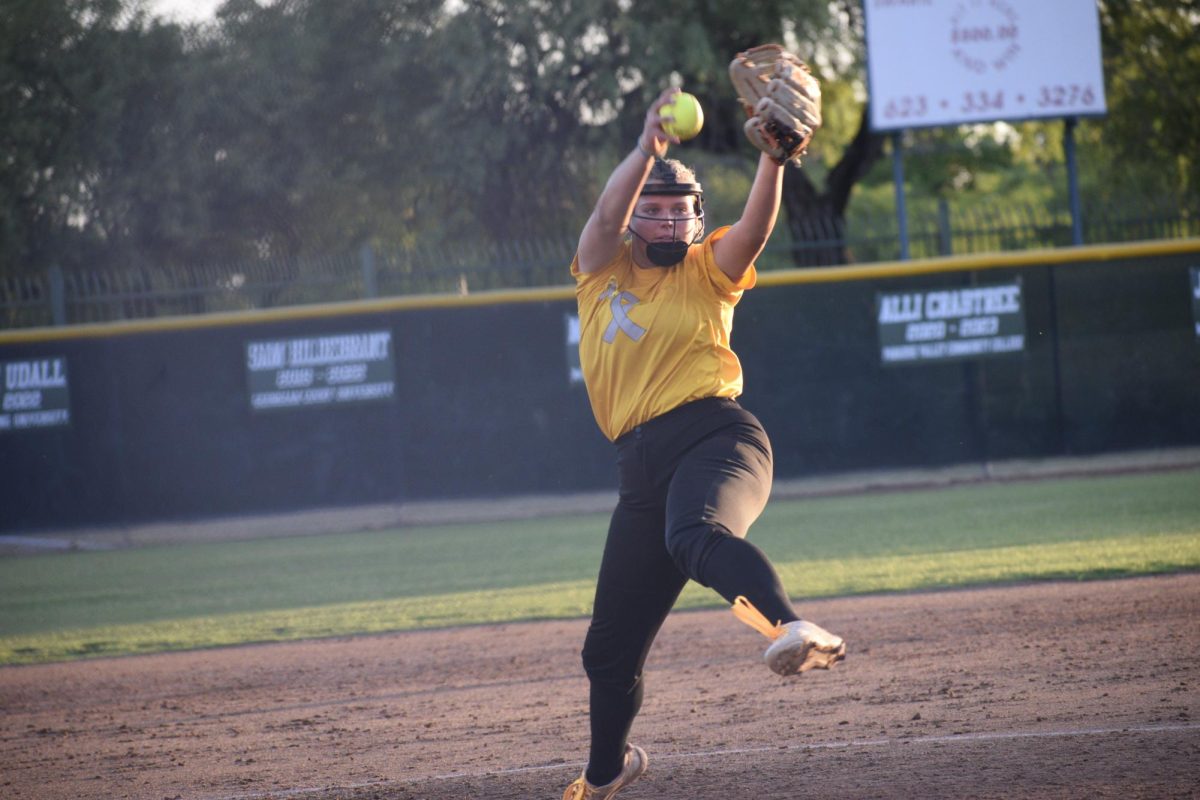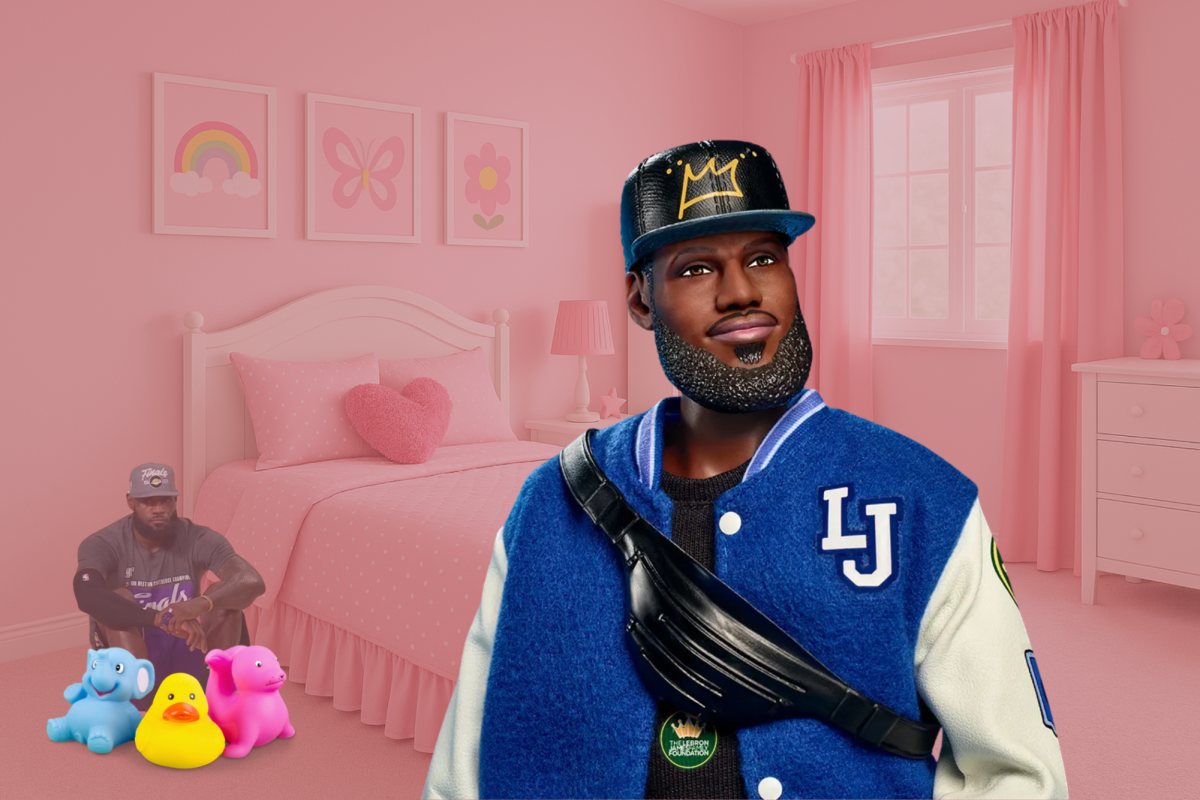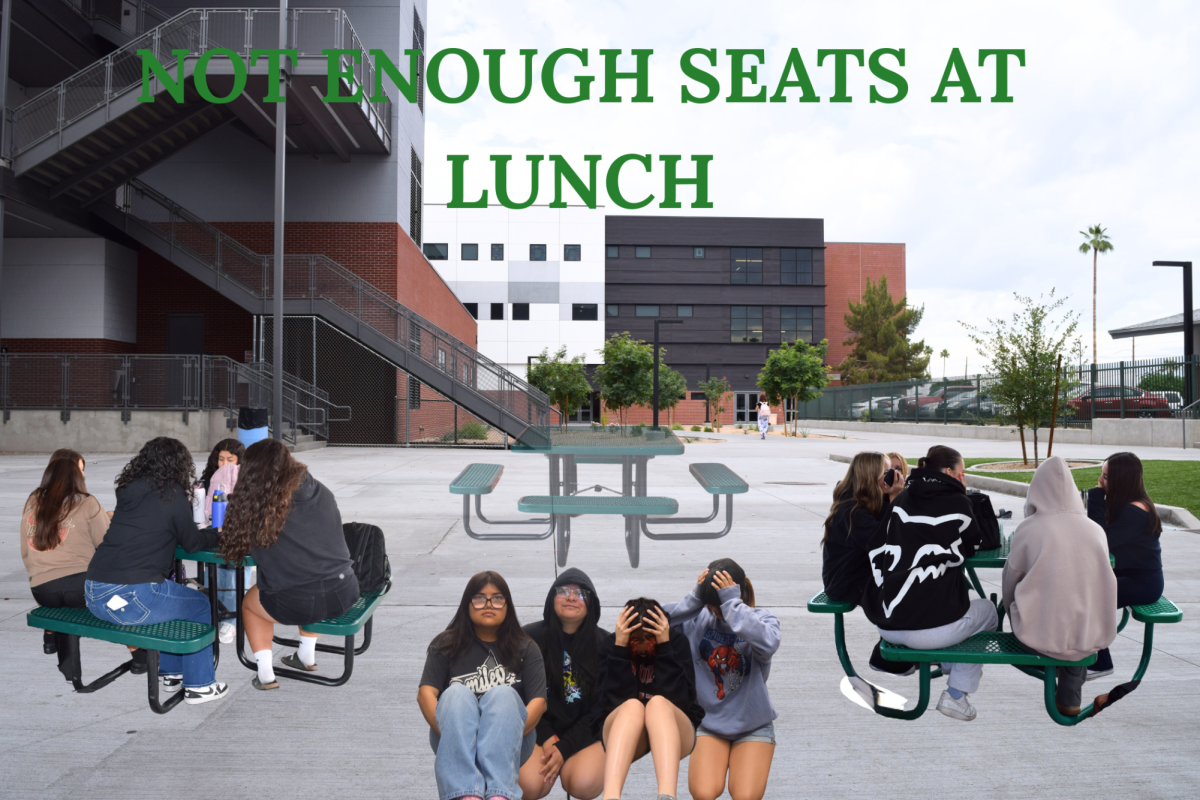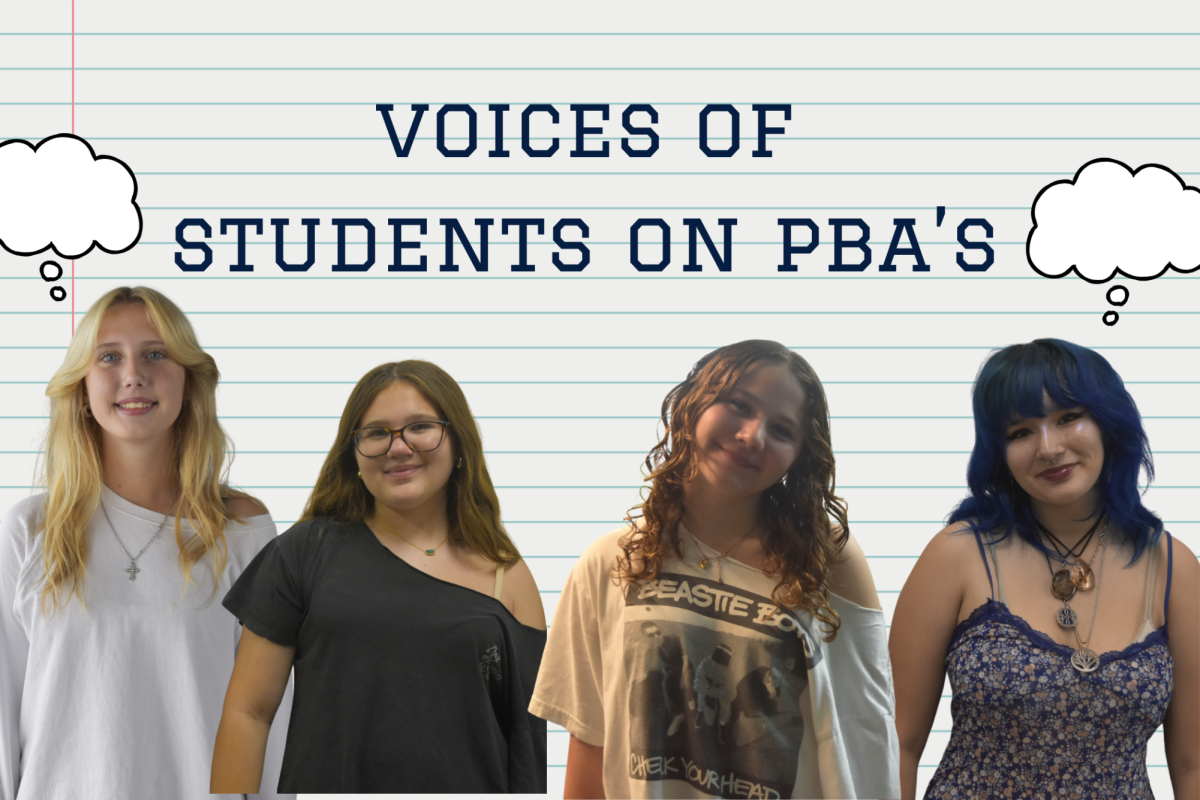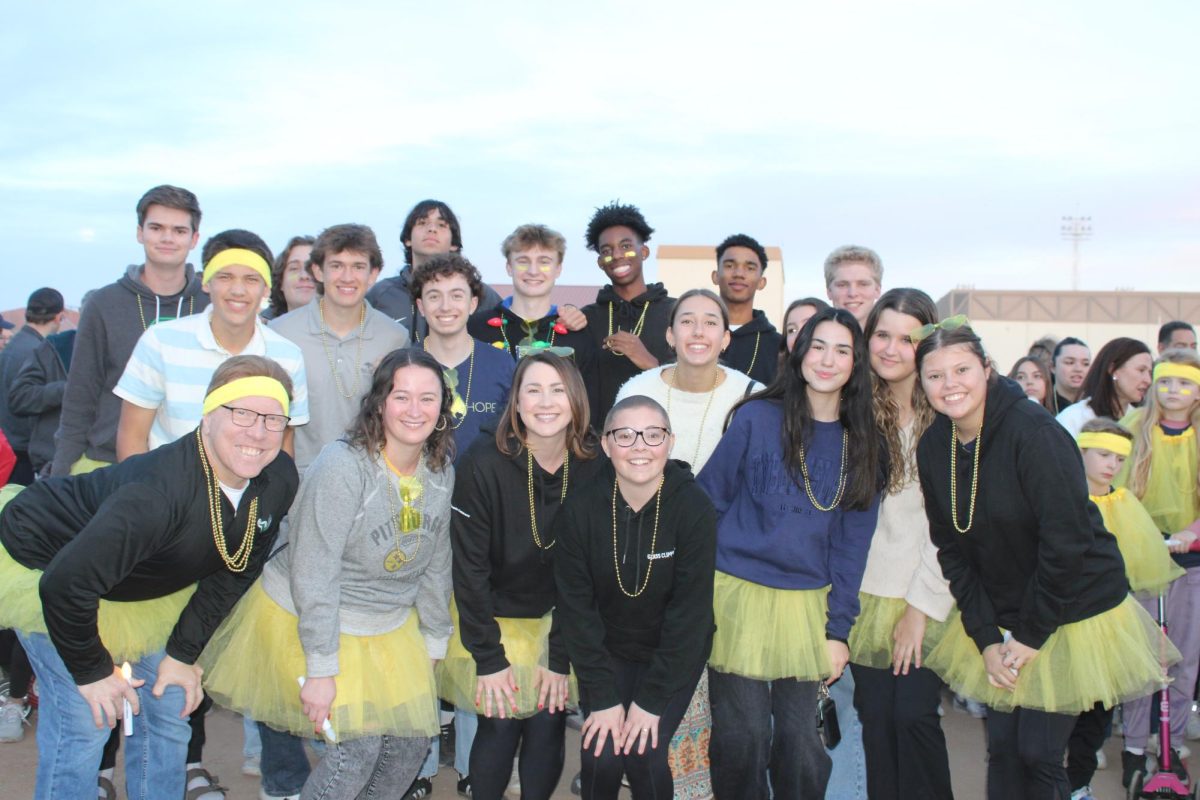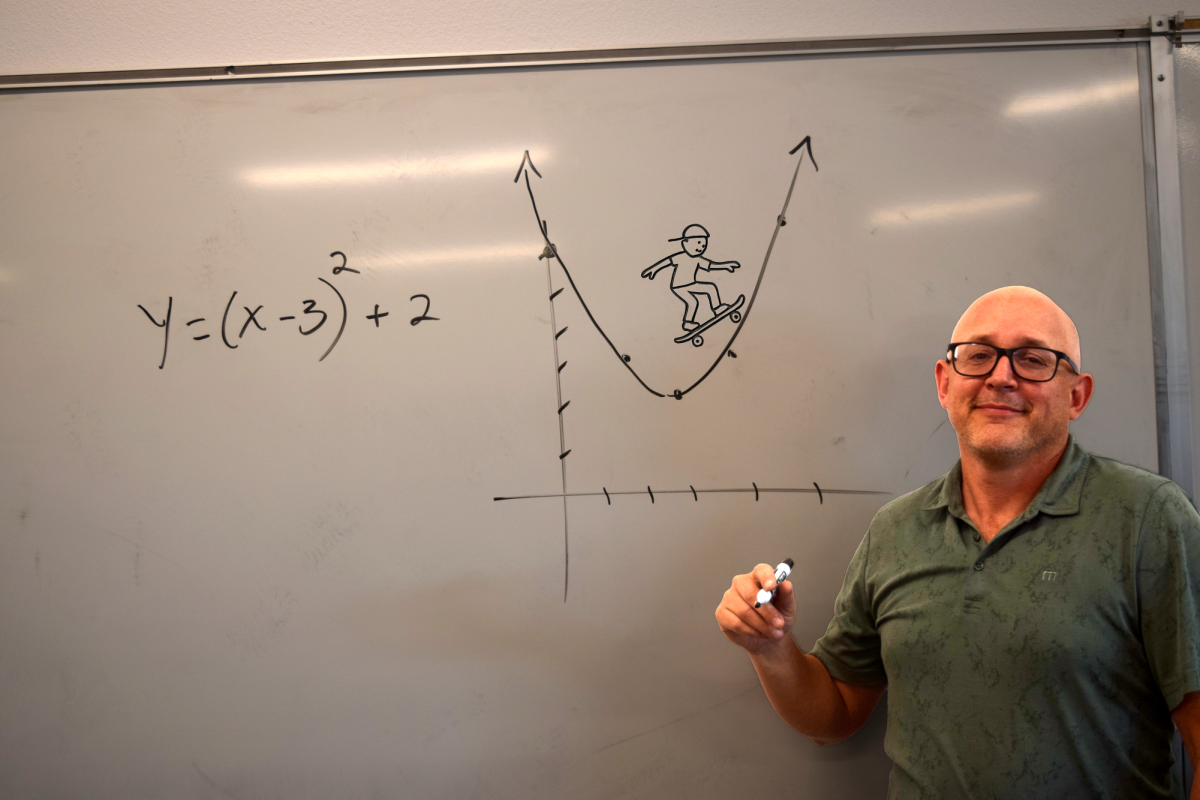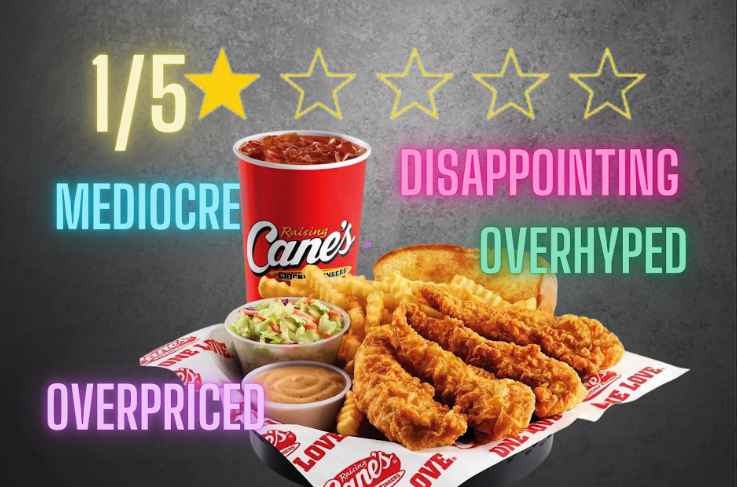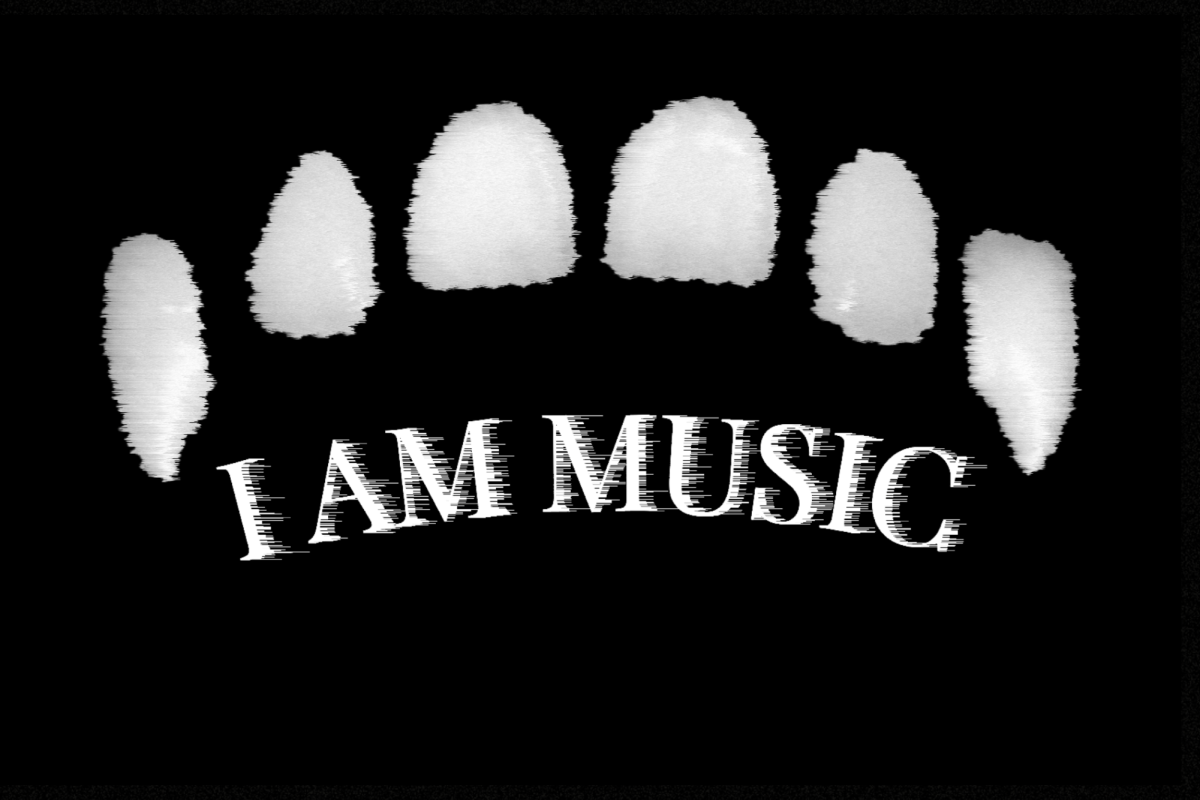Since late January, a measles outbreak that began in Gaines County, Texas, has spread to several of its neighboring states, according to CNN Health News.
USA Today said “On April 3, the Centers for Disease Control and Prevention reported… cases throughout 21 states: Alaska, California, Colorado, Florida, Georgia, Kansas, Kentucky, Maryland, Michigan, Minnesota, New Jersey, New Mexico, New York, Ohio, Oklahoma, Pennsylvania, Rhode Island, Tennessee, Texas, Vermont and Washington.”
The New York Times reported, “At least 663 measles cases have been reported nationwide: 609 cases related to outbreaks and 54 isolated cases, typically linked to international travel.”
While the quantity of recorded cases could be perceived as low, it really isn’t.
“The ongoing outbreak in Texas and neighboring states has driven this year’s tally of U.S. measles cases to the highest levels seen since a large wave of cases in 2019, which was the worst in the U.S. in decades” said CBS News.
According to CBS News “Measles is one of the most contagious infectious diseases, and in some cases can cause severe infections in the lungs and brain that can lead to cognitive issues, deafness or death.”
Symptoms include a cough, runny nose, sore throat, fever, and the emergence of a red, blotchy skin rash.
Children are most at risk, but this disease is easily preventable by vaccine, which has sparked a “new trend among concerned parents: vaccine enthusiasm,” said NPR News.
This fresh enthusiasm stems from the fact that Measles can spread easily through coughing, sneezing, and talking.
Benjamin Rader, the author of a recent study that looked at children’s vaccination rates, said “Measles is one of the most contagious viruses in the world, so pockets of under-vaccinated areas can make it easier to gain a foothold and spread.”
To prevent further outbreaks “The American Academy of Pediatrics recommends children get vaccinated with two doses of the MMR vaccine, with their first dose between the ages of 12 to 15 months. Then the second dose is recommended at about 4 to 6 years of age,” said CBS News.
Part of the panic induced want for vaccination stems from the recent death of two individuals: a 6 year old girl from West Texas and an adult in New Mexico.
The person who died in New Mexico “had been unvaccinated and did not seek medical care…though the virus has not been confirmed as the cause of death” said The Guardian.
However, the child’s cause of death has been confirmed.
CBS News reported, on February 26 the “child who was hospitalized with measles… died from the illness.”
This is the first confirmed US measles death recorded in a decade.
Despite the new wave of alarm, the prospect of vaccination is still met with hesitancy in some communities.
According to NBC News, the parents of the deceased 6 year old child “believe their daughter’s death was the will of God… ‘Don’t do the shots,’ the girl’s mother said. Measles, she added, is ‘not as bad as they’re making it out to be.”
“Also, the measles are good for the body,” the girl’s father said, and that “measles boosts the immune system and wards against cancer.”
NBC News was quick to rebut this, calling out the father for the “untrue supposition often offered by anti-vaccine groups.”
Katherine Wells, director of public health for Lubbock, told NBC News “[some] families… remain steadfast in long debunked fears that vaccines cause autism.”
Wells also thinks “it could be a year until the outbreak is controlled” because “many people aren’t getting tested for measles, and efforts to increase vaccination in the affected areas have gotten a lukewarm response,” according to NBC News.
“We’re in this for the long haul,” Wells said during a press conference, said USA Today.











